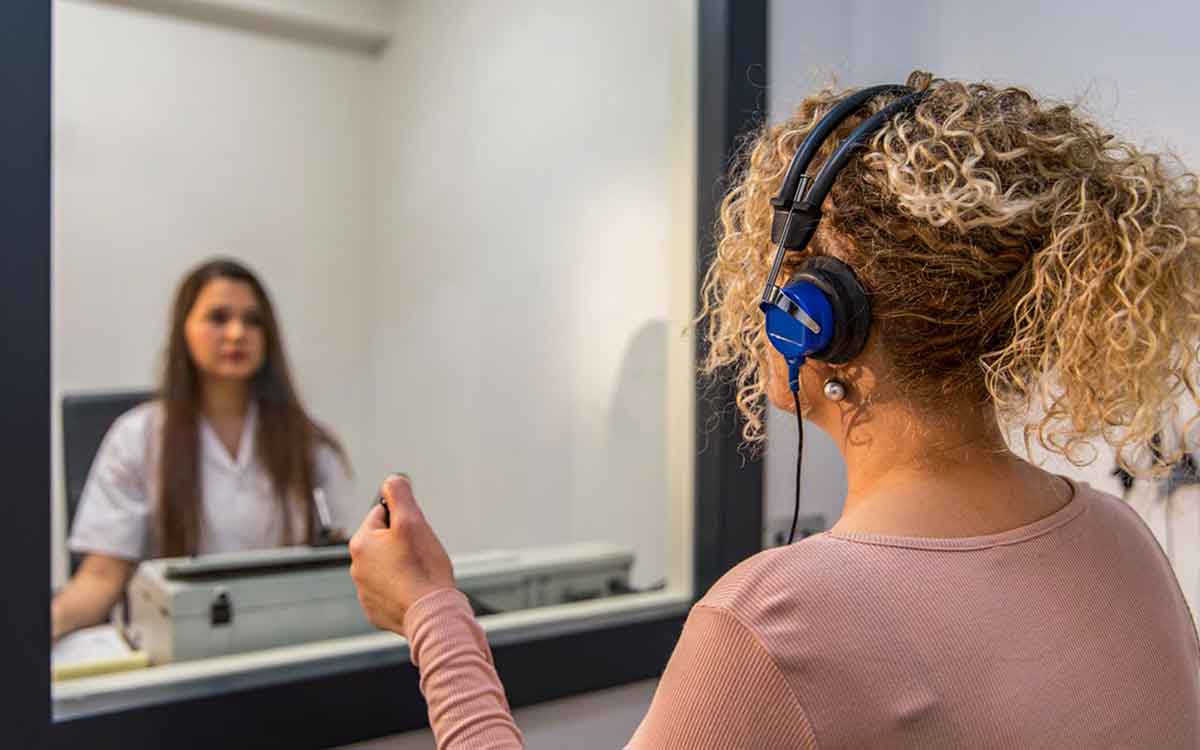
At what point should you consider having your hearing evaluated? Here are some indications that suggest you should have your hearing checked.
The other day, my kids complained about how loud my television was. Do you know what I said to them? I said, “What?!” It was amusing because it was a joke. But it also wasn’t. The volume of the TV has been escalating. And I began to question whether I should set up a hearing test.
There aren’t many good reasons not to arrange a hearing exam. They’re not invasive, there’s no radiation, and you don’t have to be concerned about discomfort. Simply take a quick moment to book an appointment.
Thinking about how much untreated hearing loss can impact your health, it’s important to be more vigilant about it.
Signs you should get a hearing exam
If you’ve noticed any recent changes that may be indicative of hearing loss, booking a comprehensive hearing assessment with a professional is probably a smart decision. If it’s hard to hear, it most likely means there’s substantial hearing impairment.
- It’s difficult to hear in noisy places: Have you ever been to a crowded or noisy space and had trouble following the conversation because of all the ambient noise? It’s possible that this might be an indication of impaired hearing.
- It sounds like everyone’s mumbling all the time: Sometimes it’s not loss of volume you have to worry about, it’s a loss of clarity.
- You regularly overlook text messages: Your phone is designed to be attention-grabbing. If you frequently fail to notice incoming calls or texts, the issue may be that you’re not able to hear them.
- Ringing that won’t go away: Ringing in your ears, also known as tinnitus, is typically a sign of hearing damage.
Other signs you should schedule a hearing test:
- Your ear is still clogged following an infection
- You have a buildup of earwax you can’t get rid of on your own
- Medicines you’re using may be damaging your hearing
- Identifying where sounds are coming from can be difficult
- You have vertigo
Routine hearing evaluations
Even if you’re not experiencing any noticeable symptoms, it’s still important to schedule regular hearing tests.
- It is encouraged to have a baseline test completed after reaching the age of 21.
- For individuals with typical hearing, it’s advised to have a hearing test every three years.
- If you demonstrate symptoms of hearing loss, have it checked right away and then every year after that.
Routine assessments can help you identify hearing loss before any red flags appear. The sooner you get treatment, the better you’ll be able to maintain your hearing over time. This means you should probably turn your TV down and set up a hearing test.